“Seek Ye for the Kingdom of God”
Jacob 1–4
LDS manual: here
Reading
At this point in our story, the Nephites are becoming wealthy. And you know what that means: wickedness.
Jacob 2:13 And the hand of providence hath smiled upon you most pleasingly, that you have obtained many riches; and because some of you have obtained more abundantly than that of your brethren ye are lifted up in the pride of your hearts, and wear stiff necks and high heads because of the costliness of your apparel, and persecute your brethren because ye suppose that ye are better than they.
I don’t think that wealth makes a society worse, though I do think that inequality of wealth can bring a whole lot of problems. But why does the church promote this story? It’s pretty baseless; I can’t think of a society that became more wicked as it became more prosperous.
I can think of lots of societies that became more secular and/or atheist as they became more prosperous, though.
The world’s poorest nations are also some of its most religious – but does that mean religion can’t flourish in a prosperous society?
Gregory Paul doesn’t think it can. After constructing a “Successful Societies Scale” that compared 25 socioeconomic indicators against statistics on religious belief and practice in 17 developed nations, the Baltimore-based paleontologist concluded in a 2009 study that “religion is most able to thrive in seriously dysfunctional societies.”
…
“There’s no situation where you have a really highly religious nation that’s highly successful socially.”
Ask: If you served a mission, were your most successful areas the wealthy ones, or the poor ones? Why might that be?
And that’s the rub. The church mistakes “people rejecting it” for “people being wicked”.
Religion doesn’t really have anything to offer someone who’s doing pretty well, but it has a lot to offer someone who’s miserable. So it follows that religions would benefit from increasing the amount of misery as much as possible.
There’s a lot of stories in the Bible of Jesus being generous and prescribing that his followers give up their possessions to the poor, but the Christian right is good about ignoring those verses and digging around for one or two to argue that actually, Jesus was on their side about the importance of starving the poor out. When Republicans were trying to cut the food stamp program and Democrats pointed out how that runs against even the most basic reading of the Christianity they claim to hold so dear, Rep. Stephen Fincher petulantly quoted 2 Thessalonians: “Anyone unwilling to work should not eat.”
On the other hand, Jacob does have some pretty good ideas about what to do with wealth.
Jacob 2:19 And after ye have obtained a hope in Christ ye shall obtain riches, if ye seek them; and ye will seek them for the intent to do good — to clothe the naked, and to feed the hungry, and to liberate the captive, and administer relief to the sick and the afflicted.
Main ideas for this lesson
Polygamy
Polygamy is one of those funny areas for the church. No matter how much time has gone by since the Salt Lake church practiced it, and no matter how remote the issue seems to most Mormons, it’s still the one thing anyone knows about the church. “Oh, wow! Do you have a lot of wives?”
Serves the church right — there’s been so much double-talk surrounding this issue that I hope the church gets saddled with it for the duration of its existence. Mormons steadfastly deny polygamy, but secretly think it’s coming back one day.
Brother Jake explains.
So let’s see what Jacob has to say about it.
Jacob 1:15 And now it came to pass that the people of Nephi, under the reign of the second king, began to grow hard in their hearts, and indulge themselves somewhat in wicked practices, such as like unto David of old desiring many wives and concubines, and also Solomon, his son.
Jacob 2:23 But the word of God burdens me because of your grosser crimes. For behold, thus saith the Lord: This people begin to wax in iniquity; they understand not the scriptures, for they seek to excuse themselves in committing whoredoms, because of the things which were written concerning David, and Solomon his son.
2:24 Behold, David and Solomon truly had many wives and concubines, which thing was abominable before me, saith the Lord.
Really? The Lord never said anything about David’s and Solomon’s wives and concubines before.
1 Kings 15:5 Because David did that which was right in the eyes of the LORD, and turned not aside from any thing that he commanded him all the days of his life, save only in the matter of Uriah the Hittite.
As far as the Bible was concerned, it was all G, so this is a bit of an innovation.
Jacob 2:27 Wherefore, my brethren, hear me, and hearken to the word of the Lord: For there shall not any man among you have save it be one wife; and concubines he shall have none;
2:28 For I, the Lord God, delight in the chastity of women. And whoredoms are an abomination before me; thus saith the Lord of Hosts.
Delights in the chastity of women, says nothing about the chastity of men. God’s a huge sexist.
Jacob 2:29 Wherefore, this people shall keep my commandments, saith the Lord of Hosts, or cursed be the land for their sakes.
2:30 For if I will, saith the Lord of Hosts, raise up seed unto me, I will command my people; otherwise they shall hearken unto these things.
Ask: Under what conditions is polygamy acceptable?
Answer: To raise up seed.
So that means that polygamy was a really good way to increase the population, right?
Oops.
But scientists have now uncovered an odd fact about 19th-century Mormons: the more women in a household, the lower the average birthrate. In other words, the more sister-wives a Mormon woman had, the fewer children she was likely to produce.
“Although it is great in terms of numbers of children for successful males to have harems, the data show that, for every new woman added to a male’s household, the number of children that each wife produced goes down by one,” said biologist Dr Michael Wade, of Indiana University.
Did God not know this?
What about Joseph Smith’s involvement in polygamy? We now know (and the LDS Church has had to admit) that Joseph Smith married up to 40 women, including women who were married to other men at the time.
When I bring this up, Latter-day Saints tell me that these marriages were simply symbolic or “dynastic”.
First up, this is untrue in many cases. While there’s not enough evidence that Smith had sex with all the women he was married to, there are loads of heart-rending accounts confirming it. For example:
Lucy Walker: “I gave myself up as a sacrifice, for it was not a love matter, so to speak, in our affairs, at least on my part it was not”
Helen Kimball: “I would never have been sealed to Joseph had I known it was anything more than ceremony. I was young, and they deceived me, by saying the salvation of our whole family depended on it.”
See more in curious_mormon’s amazing post on this.
Second, even if that were true, and Smith had the need to marry all those women for some symbolic reason, doesn’t the Book of Mormon say that this is an abomination, unless it’s for “raising seed”?
Dark skin
Jacob 3:8 O my brethren, I fear that unless ye shall repent of your sins that their skins will be whiter than yours, when ye shall be brought with them before the throne of God.
3:9 Wherefore, a commandment I give unto you, which is the word of God, that ye revile no more against them because of the darkness of their skins; neither shall ye revile against them because of their filthiness; but ye shall remember your own filthiness, and remember that their filthiness came because of their fathers.
Ask: Is it acceptable to consider skin colour a mark of sin, even as a metaphor?
Hell
Jacob 3:11 O my brethren, hearken unto my words; arouse the faculties of your souls; shake yourselves that ye may awake from the slumber of death; and loose yourselves from the pains of hell that ye may not become angels to the devil, to be cast into that lake of fire and brimstone which is the second death.
I’m putting Jacob down as a believer in literal hell with fire and ouches.
Side note: I did a radio interview with a priest recently (cool guy, BTW), and he wasn’t a believer in hell. All metaphorical, he said. How about that.
The problem there is that, if you were looking for evidence in the Bible either way, you’d find six or eight scriptures where Jesus says Hell is a place of torture with fire, and he says it with a totally straight face. But you’d find exactly zero scriptures where Hell isn’t described that way. Jesus never says, “I was just kidding about the fire. It’s totes metaphorical.” So I think this priest has rather an uphill battle trying to make that case.
The Book of Mormon partakes in that tradition, while modern Mormonism does not.
Numerous
Jacob 3:13 And a hundredth part of the proceedings of this people, which now began to be numerous, cannot be written upon these plates; but many of their proceedings are written upon the larger plates, and their wars, and their contentions, and the reigns of their kings.
They “began to be numerous”. That’s an understatement.
One of the big problems with the Book of Mormon narrative is the improbably explosive population growth. To go from a group of perhaps 30 in Nephi’s day to the (perhaps) hundreds of thousands or millions in 600 years requires a heretofore-unheard-of level of fecundity, or some pretty creative explanations. We’ll consider this in a later lesson, but let’s just bookmark that for now.
Did Nephites keep the Jewish laws?
Jacob 4:3 Now in this thing we do rejoice; and we labor diligently to engraven these words upon plates, hoping that our beloved brethren and our children will receive them with thankful hearts, and look upon them that they may learn with joy and not with sorrow, neither with contempt, concerning their first parents.
4:4 For, for this intent have we written these things, that they may know that we knew of Christ, and we had a hope of his glory many hundred years before his coming; and not only we ourselves had a hope of his glory, but also all the holy prophets which were before us.
4:5 Behold, they believed in Christ and worshiped the Father in his name, and also we worship the Father in his name. And for this intent we keep the law of Moses, it pointing our souls to him; and for this cause it is sanctified unto us for righteousness, even as it was accounted unto Abraham in the wilderness to be obedient unto the commands of God in offering up his son Isaac, which is a similitude of God and his Only Begotten Son.
A puzzling thing about the Book of Mormon is that the Nephites were supposed to have “kept the law of Moses” with all its ceremonies, sacrifices, and ordinances — while never mentioning anything about them. If they were doing all that stuff, they sure were vague about the details. Perhaps Moroni didn’t think those things were important, and filtered them all out. Too bad. It would have been interesting to hear about their spin on Jewish traditions.
If they’d existed, I mean. Which is very unlikely given the lack of any Hebrew writing, Jewish iconography, or anything Hebraic in the ancient American archaeological record.
Additional lesson ideas
Repentance
As Jacob is talking about sex, the LDS lesson manual has some words to say about “immorality”. I hate how they use that term to apply almost exclusively to sex, which of itself is not moral or immoral (although the motivations of those who engage in it can be), while ignoring all kinds of immorality that the church engages in (like lying to people, concealing facts, wielding authority over people, and so on). But here it is.
• What must a person do to be forgiven of immorality?
President Ezra Taft Benson suggested five steps to be forgiven of unchastity (“The Law of Chastity,” in Brigham Young University 1987–88 Devotional and Fireside Speeches [1988], 53–54). Discuss these steps with class members:
“1. Flee immediately from any situation you are in that is either causing you to sin or that may cause you to sin.”
“2. Plead with the Lord for the power to overcome.”
“3. Let your priesthood leaders help you resolve the transgression and come back into full fellowship with the Lord.”
“4. Drink from the divine fountain [the scriptures and words of the prophets] and fill your lives with positive sources of power.”
“5. Remember that through proper repentance you can become clean again.”
I just want to take a second and reiterate something I said in a previous lesson. There’s something extremely inappropriate that Mormons do. Because they’re a religion, they fill each other up with sexual guilt. That’s more or less expected, and sadly it wrecks people’s lives. But even worse, parents allow their children to undergo closed-door interviews with adult men. In these meetings, the young people are encouraged to disclose details of their sexual experiences — including masturbation, sex, and everything in between — without parents present.
From a article in The Exponent:
In my LDS upbringing in Utah, these “chastity interviews.” as they were called by my bishopric, were conducted every six months between the ages of 12 and 18. I and my fellow youth were interviewed by the bishop or one of his counselors about our adherence to the law of chastity. The leader may feel inclined to define chastity further in these interviews and question the youth about genital exploration or self-arousal and romantic and sexual practices with others. This created a norm beginning in the sixth grade for children to talk to untrained older men about sexual practices, a type of behavior that is grooming the child for abuse.
This predatory grooming behavior of interviewing children about sex behind closed doors is alarming. Minors (age 18 and under in Utah) cannot legally consent to sex. Because all sexual relations under the age of 18 are defined as non-consensual under the law, chastity interviews are completely inappropriate screenings of the sexual experiences of children. They are also ineffective for detecting any sexual abuse experienced by the child interviewed as they violate protocol for how trained professionals interview children where suspected abuse has taken place, including side-by-side positioning and placing the child in a higher position than the interviewer. The clergy member, attired in business uniform and sitting across a desk creates a physical position of power, which can convey a feeling of shame to the interviewee, even one who has very little sexual experience to discuss with this lay leader.
If we are serious about protecting children from abuse, we must stop all private interviews of minors by lay clergy behind closed doors. As members, we must demand that the Church stop interviewing children about their inherently non-consensual sexual experiences and mandating repentance.
Indeed. Bad enough that they think they have a right to pry into the sexual behaviour of other adults, but to do this to kids is unconscionable.
Ask: Why does the church conduct interviews of this nature?
I think it’s to facilitate intrusion. If you want an animal or a pet to be compliant and easy to handle, you have to handle them a lot when their young. Make them think that this kind of intrusion into their private business is normal. Then for the rest of their lives, they won’t mind any other kinds of intrusion. Having given them the right to know about your sexual self — that innermost part of you — what other information would you deny them?
This is in part why Mormons have a really terrible sense of boundaries. It makes Mormonism absolutely toxic, as religions go.
If you agree that this practice should be stopped, refuse to let your children take part in these interviews unless you’re present. Join (or revitalise) a Facebook group. Say “no more”.
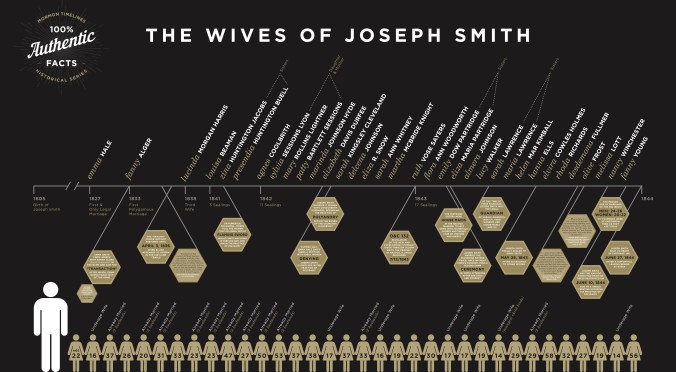
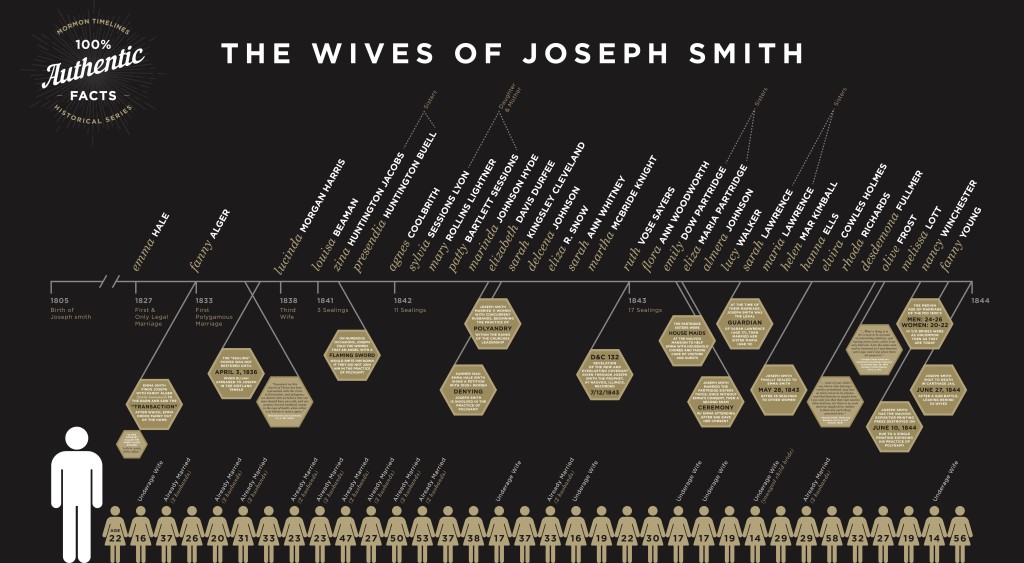


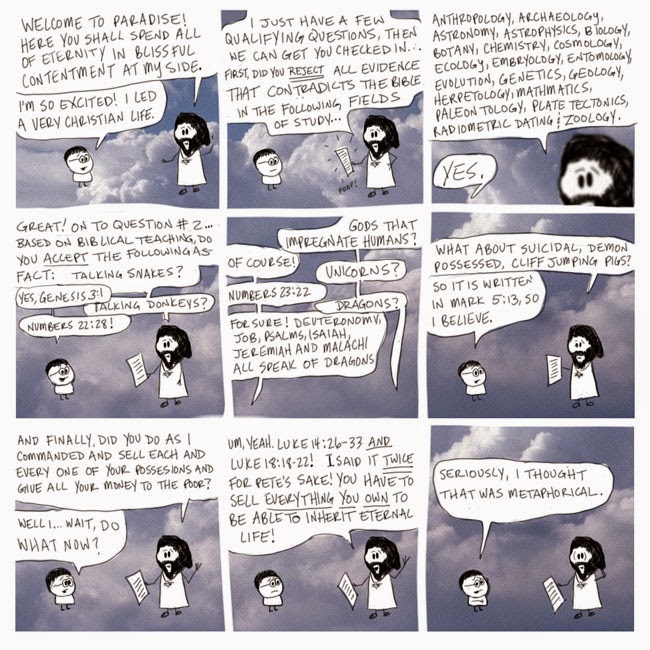
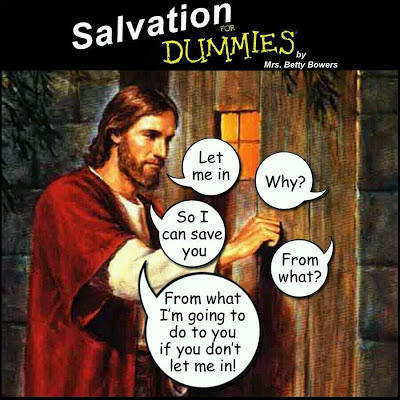



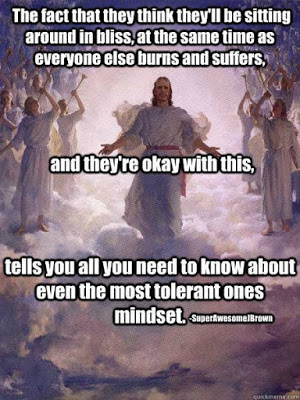
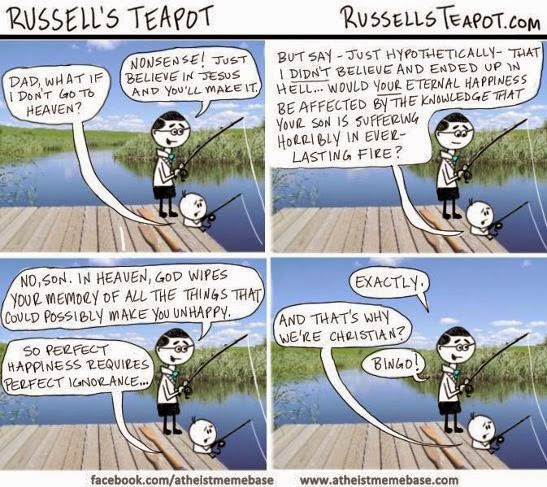

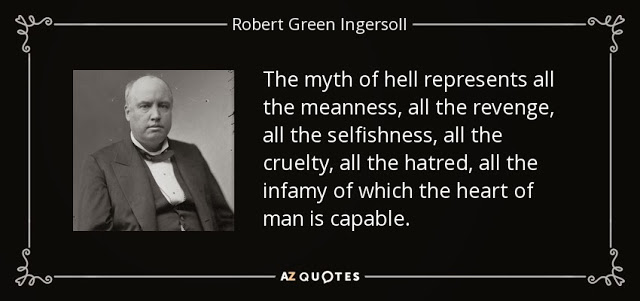





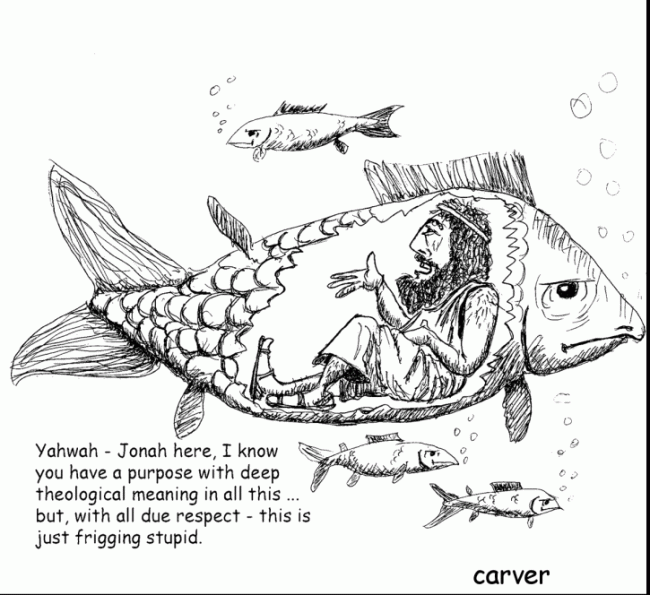
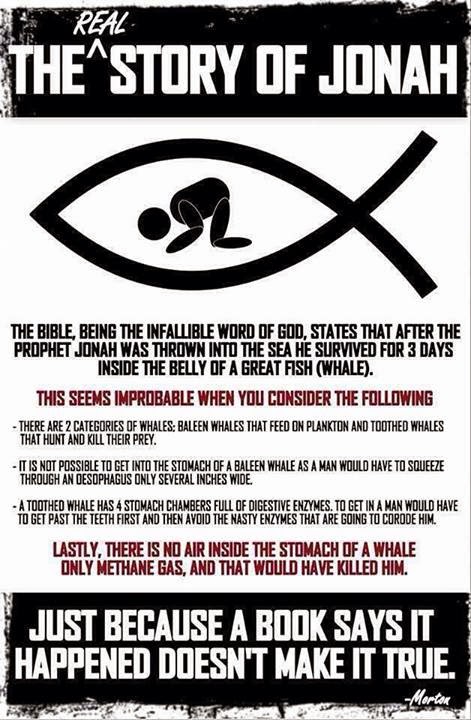


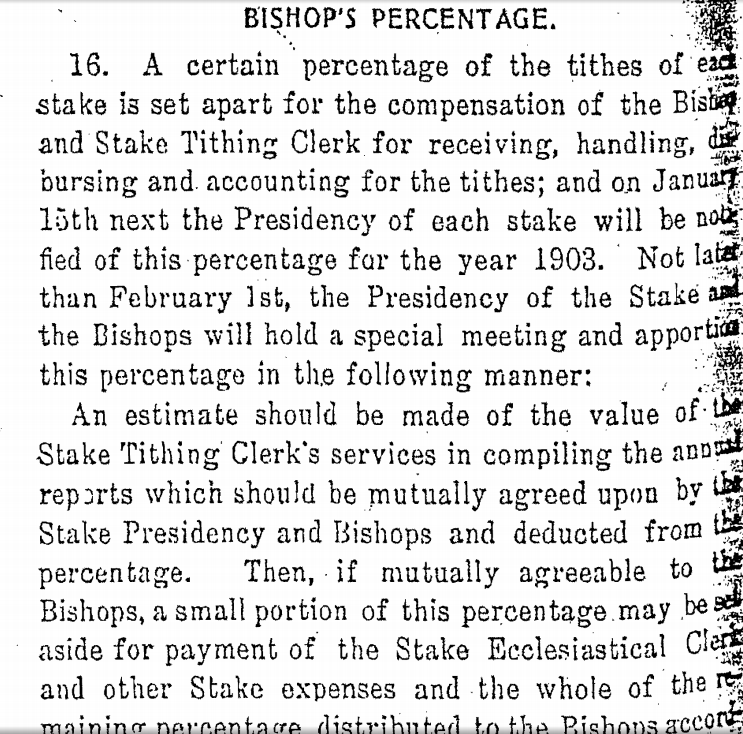


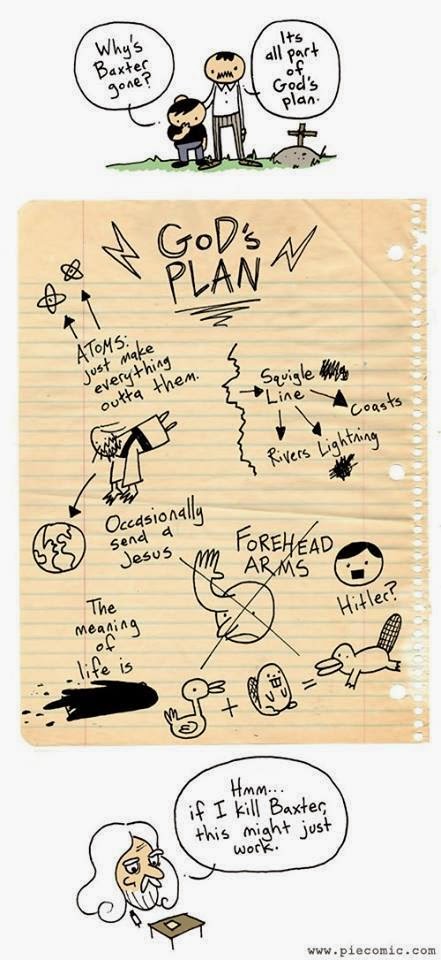

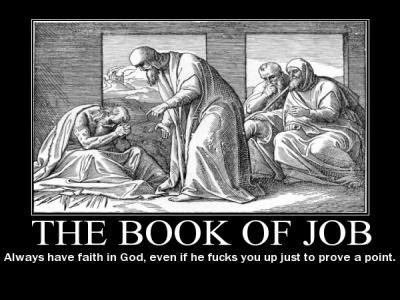
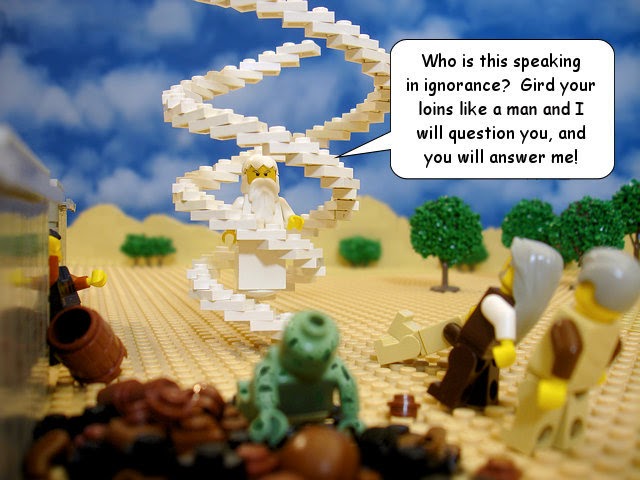
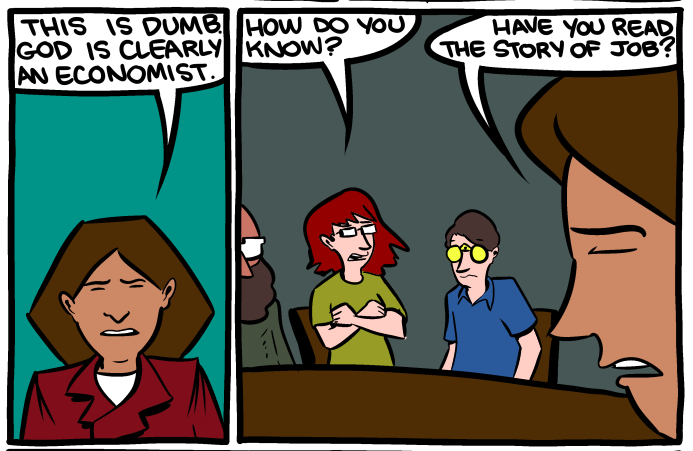
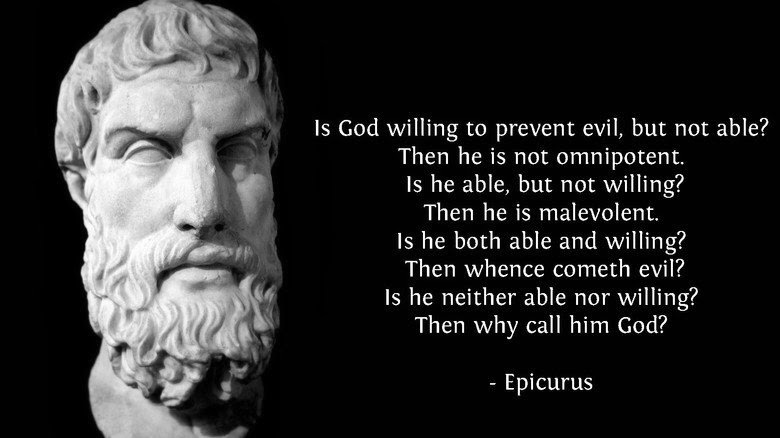


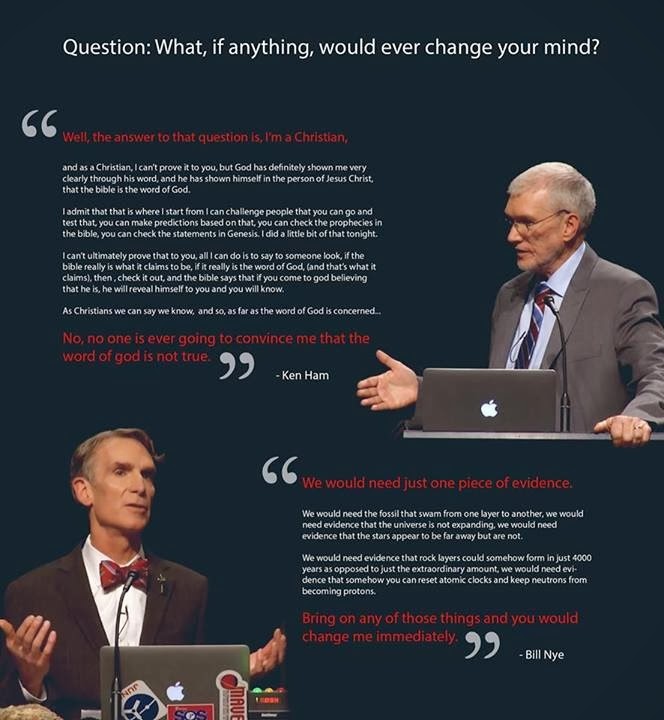
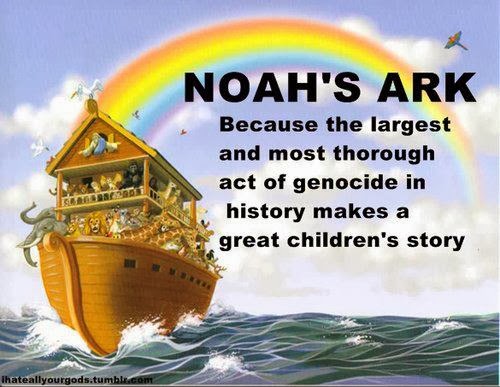




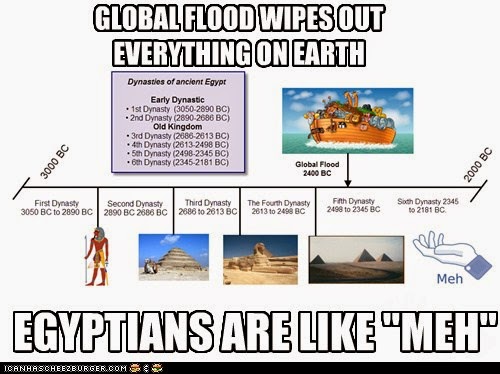


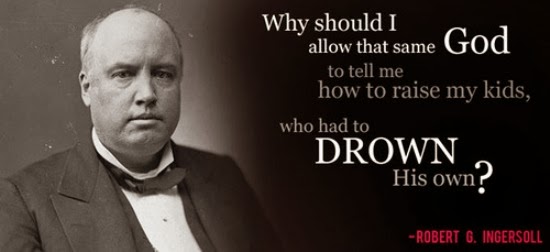


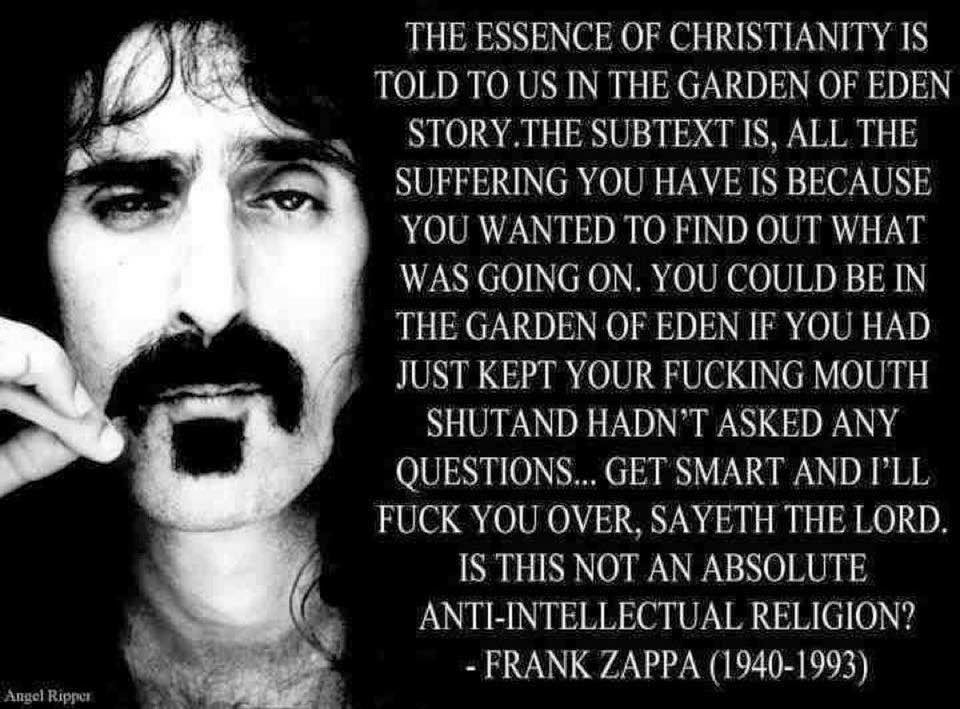


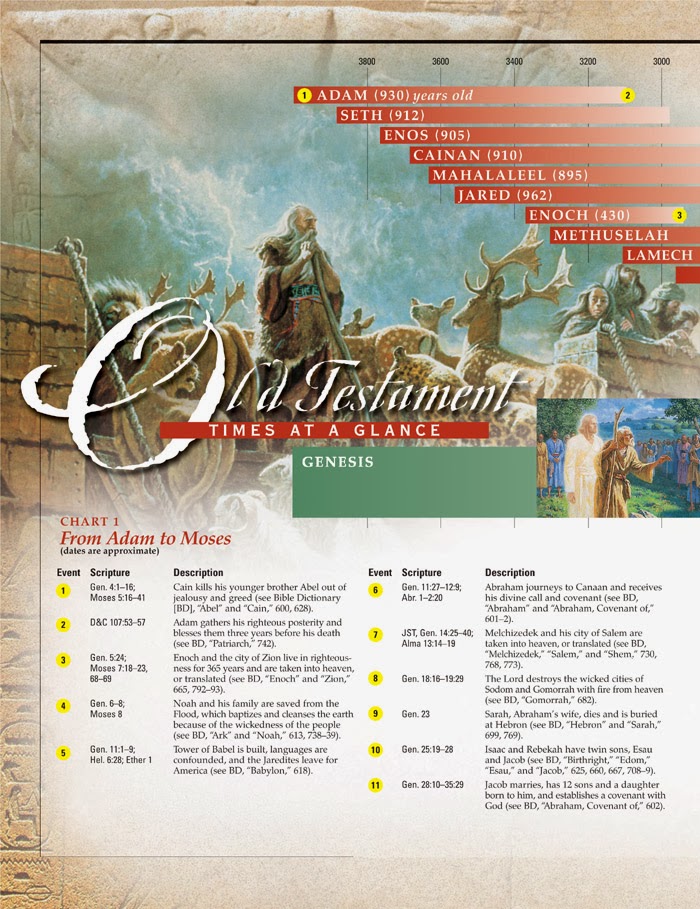
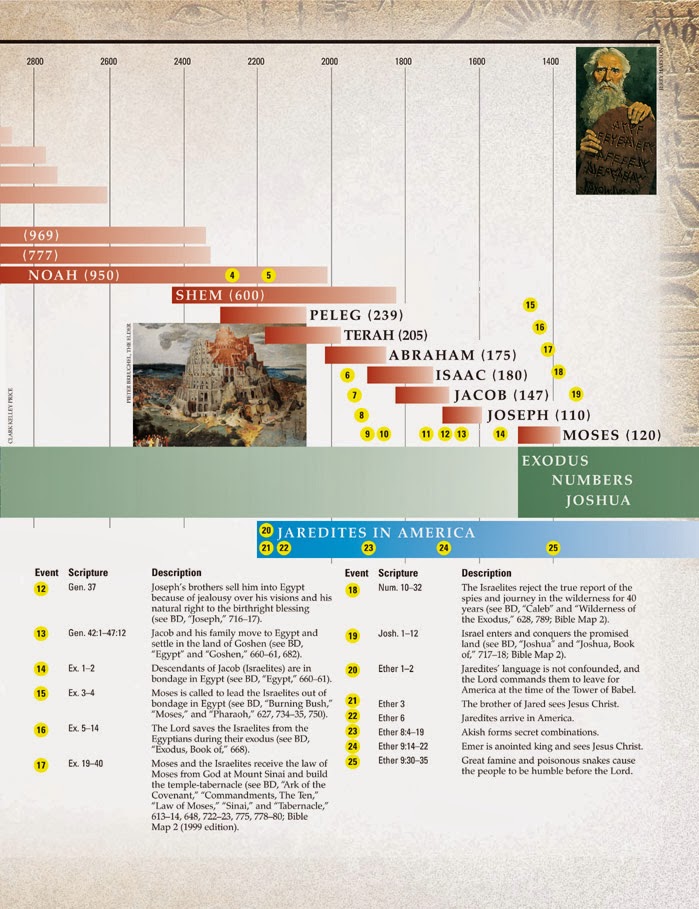
Recent Comments